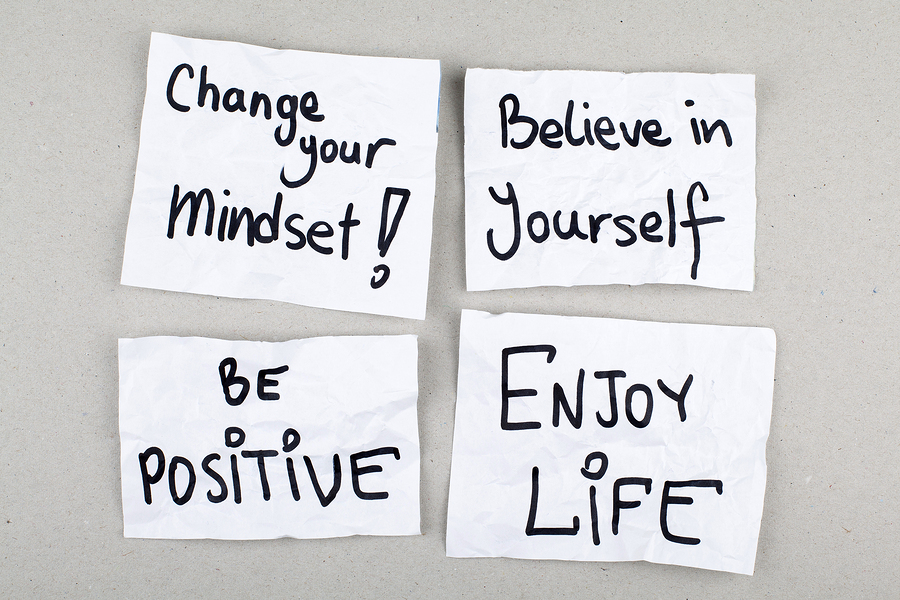- Make It Yourself Lavender Heart-Shaped Bath Bombs!
- 20 Things You Never Knew About “Down There”
- 12 Best Foods For Those Suffering From Arthritis Pain
- 12 Personal Hygiene Mistakes Almost Everyone Makes (Mom Never Told You About #4!)
- 15 Medicinal Plants And Herbs From The Cherokee People
- 12 Mind-Blowing Benefits Of Drinking Coconut Water During Pregnancy
- 12 Outstanding Winter Foods That Won’t Fatten You Up Like A Christmas Turkey
Mindset And Why It Matters

Photo credit: bigstock.com
Many think of their physical health and their mental well-being as two distinct categories that are completely independent of one another, but this is simply not the case. Our physical fitness and eating habits can affect our moods and mental clarity. Likewise, the thoughts we have on a regular basis and our mental outlook on life can influence how happy we are with our lives and even affect our health as well.
In this article, we’re going to explore the topic of how thought patterns affect our mental well-being, and how we can take control of this process to live more fulfilling and stress-free lives.
Caring too much about what others think of us can take a toll
Let’s face it: Human beings, like most primates, are social creatures. We evolved to live in groups, and it is normal for all of us to care to some extent how we are perceived by others around us. To fall out of favor with the community could actually be dangerous in prehistoric times, and even after the establishment of civilization. Being banished from the tribe or village was tantamount to a death sentence. With no one protecting us, we would be at the mercy of wild animals, harsh weather, bandits, and other dangers. It is natural and normal to place at least some importance on how we are perceived by other people.
But this can quickly get out of hand. So many of us live in fear of being judged or losing face in front of our peers that our lives are not really our own. We’ll do things we don’t want to do, and say things we don’t really agree with just to fit in. This is when the natural instinct to seek good relations with the group can actually become a bad thing.
The power of feedback
One of the most powerful examples of this is how we react to feedback we get from others. If you get a compliment, that’s probably going to boost your mood a bit. But if you’re like most people, and someone criticizes you, that remark will probably stand out more in your memory than a positive one.
So what is the way around this? How do we escape from this mental prison that leads to stress and a lower overall quality of life?
Continue to Page 2
































